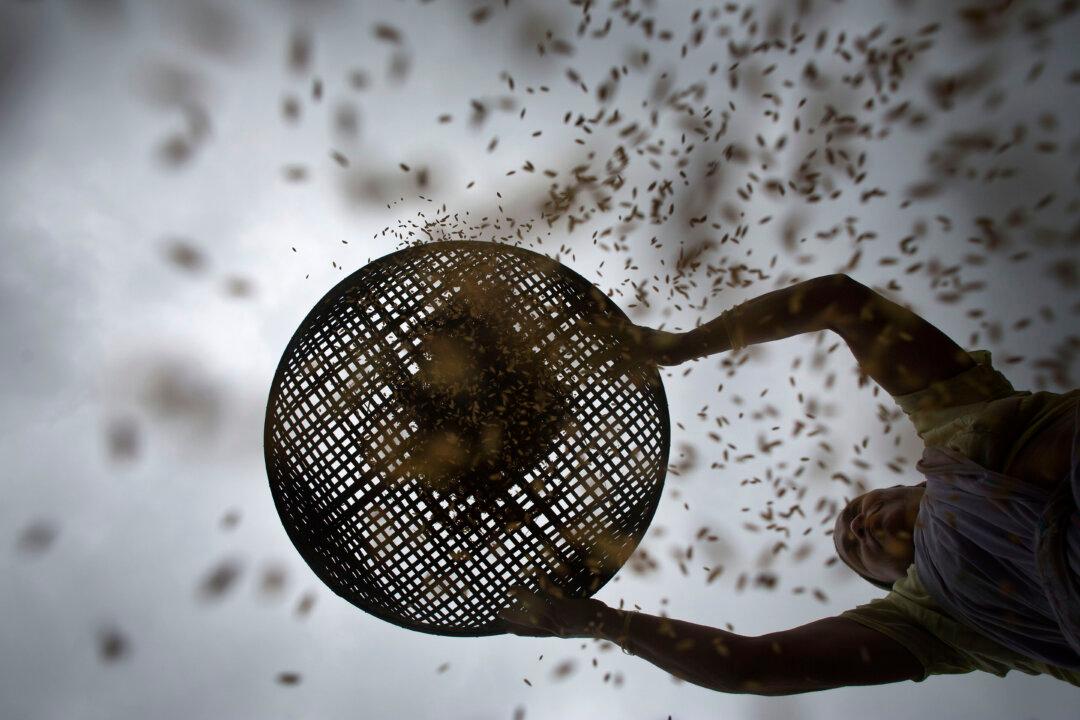India, the world’s largest rice exporter, has banned the export of broken rice with immediate effect to tackle rising domestic prices and meet local demands as the monsoon season has curtailed planting.
The Indian Ministry of Commerce and Industry on Thursday issued a notification prohibiting the export of broken rice, which was published by the local media ANI.





